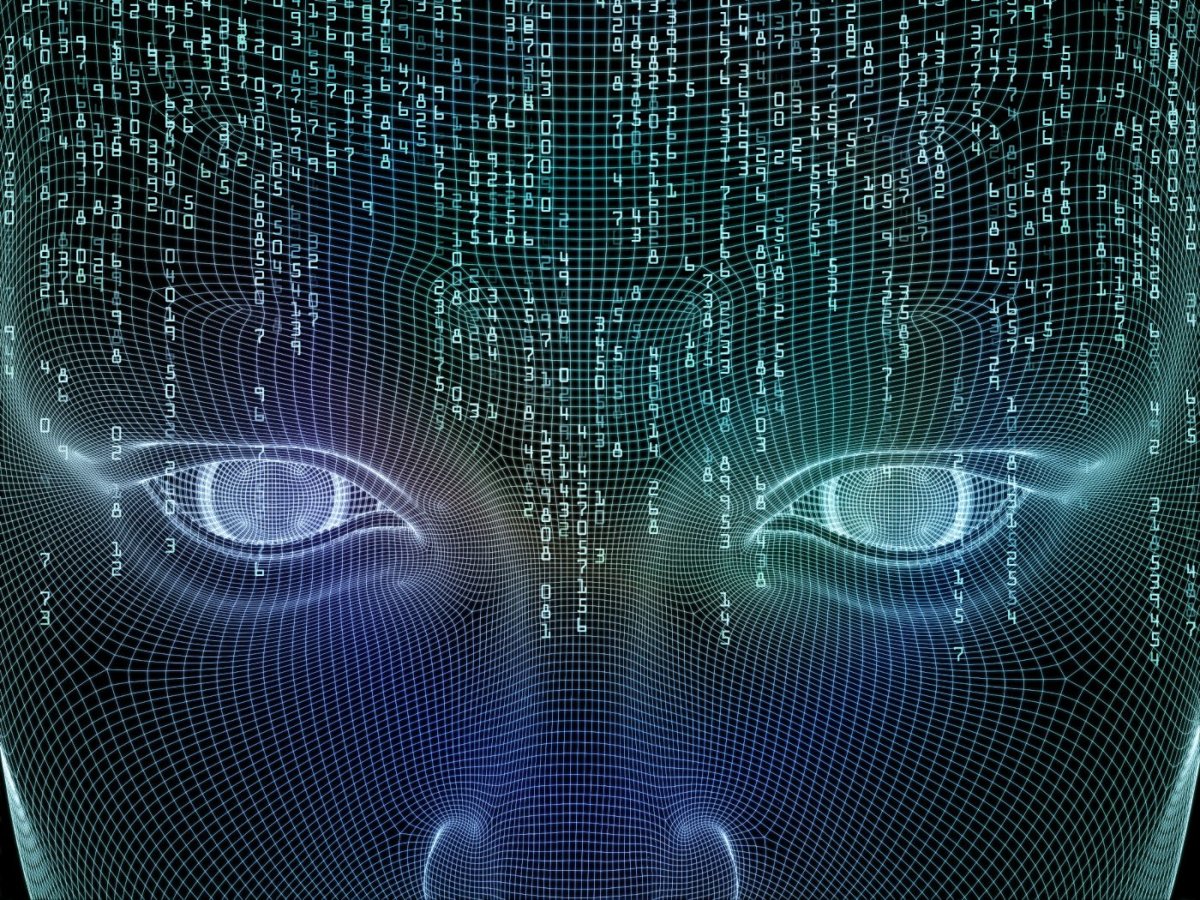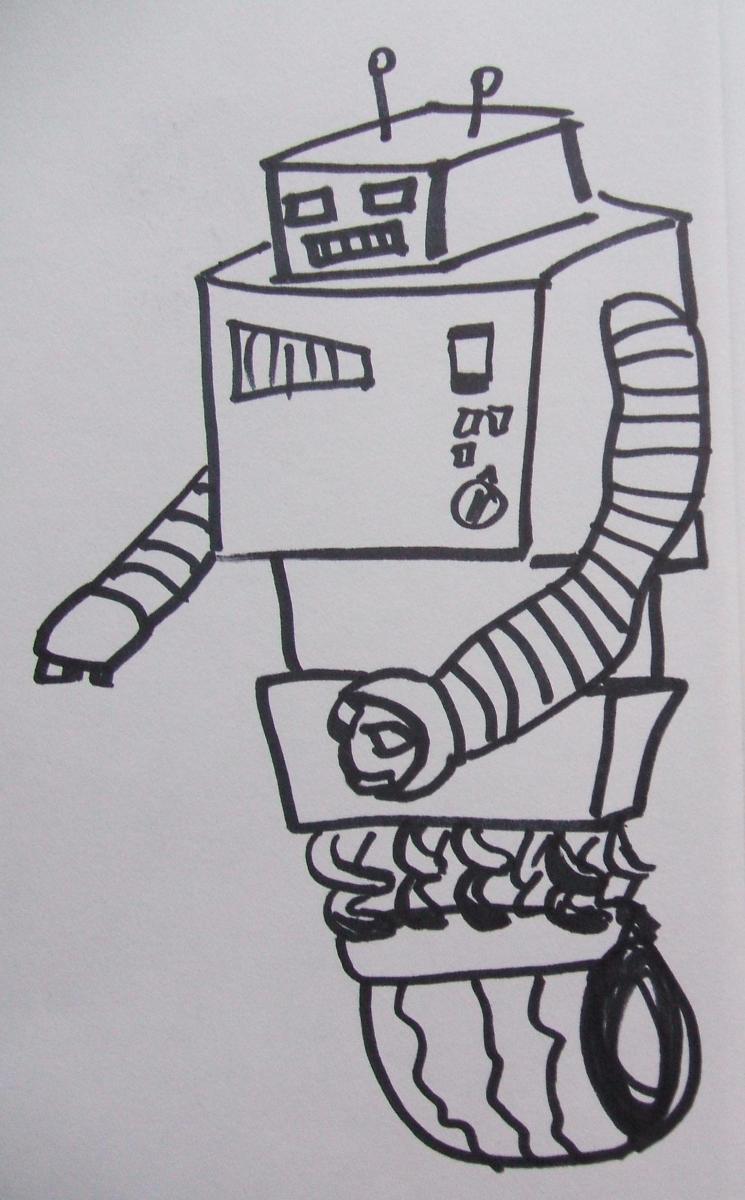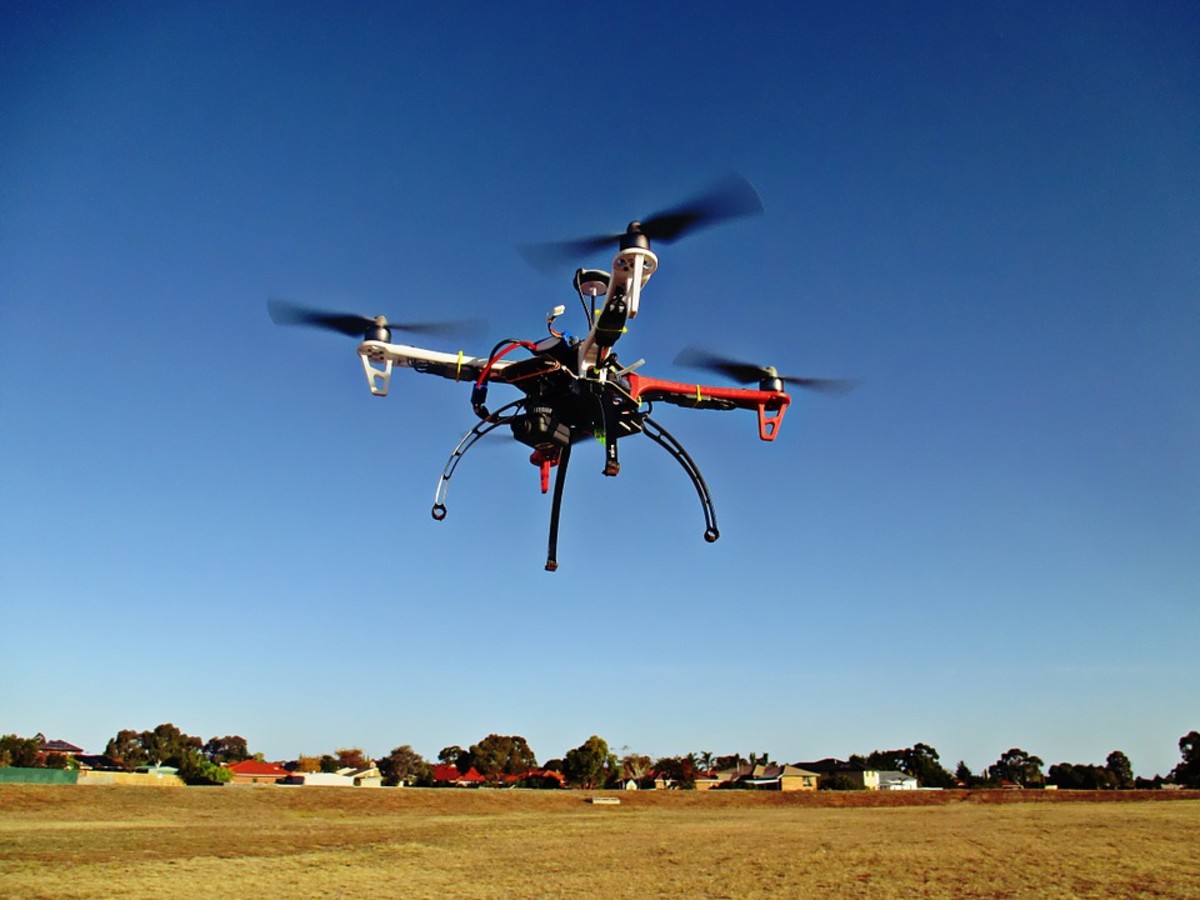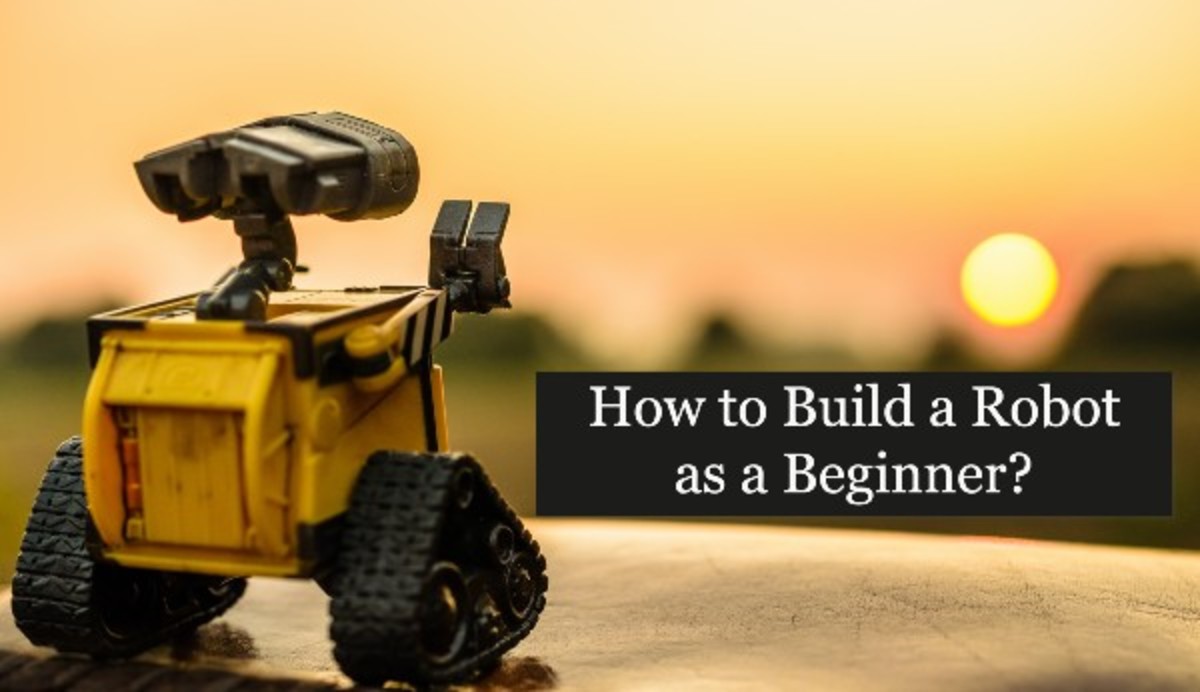Thinking Machines: How Intelligent Robots Can Be?

Intelligent Robots: the Mind of the Machine
Have you ever seen a movie about smart robots or machines that conquer the world? I am sure, you did. Remember The Matrix. Intelligent machines not only had won the greatest war in Earth but also they have made humans into their batteries. It sounds crazy. Also it is a little bit frightening. Artificial intelligence is no longer seen in science fiction books or movies only. It is a part of our lives. It exists in computer simulations, video games, movie scenes. It controls robots, allows them learn and explore. There is one question that should be asked. Is artificial intelligence as intelligent as we expect? The answer to this question is no. Actually real artificial intelligence is a big headache for scientists and engineers. This area requires a very difficult combination of computer science, psychology, physiology and even philosophy. Various engineering fields must cooperate together to be able to create all five senses for robots. “Blind” robots are unable to feel the environment. If you cannot feel, you cannot learn. If you do not learn, you do not think. So, a lot of efforts are needed to create a machine that can think.

Philosophical question
Could a robot be conscious?

Philosophy, Ethics and Robotics
Intelligent robots is a very popular theme among science fiction writers. How humans would live together with robots? Will they live in peace? Maybe the war that never ends awaits us in future? Do intelligent robots have a soul? These and many other questions are asked. Remember all the movies that you saw about the robots: The Matrix, I Robot, Artificial Intelligence, and others. Maybe you can remember a book Do Androids Dream of Electric Sheep by Philip K. Dick or books by I. Asimov? All these questions appear there in one way or another.
Isaac Asimov is the best know science fiction writer who explored the theme of robots. He placed robots in various situations and analyzed their interaction with society. I. Asimov is known as the creator of the Three Laws of Robotics. This is the place where philosophy appears. How to make a robot that will not harm a human being? The Three Laws of Robotics should not allow that. Thinking philosophically, various situations can appear and these laws can be bypassed. What would happen then?
Three Laws of Robotics:
1. A robot may not injure a human being or, though inaction, allow a human being to come to harm.
2. A robot must obey orders given to in by human beings except where such orders would conflict with the First Law.
3. A robot must protect its own existence as long as such protection does not conflict with the First or Second Law.
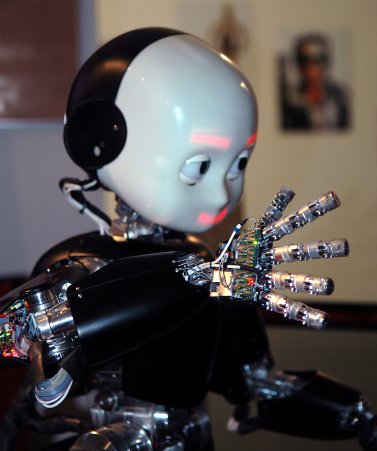
Robot Learns Like a Baby
You may be interested in
- The History of the Computer Generations
Imagine, that the firs computers filled the whole room. Now we have computers such small that they can be put in our pocket. Explore the evolution of computers and find out what technological achievements allowed computers to become as powerful as we
Evolution of Intelligent Robots
Science fiction is fun when we read it. But what reality do we have? There are systems that can mimic human thoughts. They understand speech, play chess an even learns like a child. There is a wonderful humanoid robot iCub that have reached amazing results. You can learn about iCub project visiting the official website.
The interest of intelligent robotics and gadgets grows up and falls down in waves. Remember Tamagotchis? There were also Furbies, Aibo and other very cute mass market products. But they all were not enough intelligent to compete with science fiction. And I do not know when they will be able to do so.
The idea of intelligent machines was born in 1956. Then it was believed that in 20 years or so an intelligent as human being robot will be created. I would say too many expectations. Anyway, since then the Artificial Intelligence became one of the mainstream research areas. This field had very high expectations. But predictions were above the reality. The first thinking machines were unable to do things as they were expected. I doubt that they even can be called intelligent. The main problem that led to this failure was insufficient capabilities of computers. It is hard to imagine the real power of first computers, but the comparison with today’s smart calculator would fit this case. Nobody foreseen such exponential growth of computer capabilities and funding on artificial intelligence creation was cut off. The speed of computer evolution is explained by Moore’s Law. It states that the number of transistors on integrated circuits double every two years. In means that computers become faster and more efficient every two years. Computers that we have now are capable to emulate or create quite effective artificial intelligence. Of course, despite the fact that computers can do enormous amount of calculations, they are still far away from thinking and learning like humans. Such an intelligent machine still requires much effort and work of humans. Various technologies are used. The field of artificial neural networks is very perspective. Maybe we are close to creation of artificial mind.
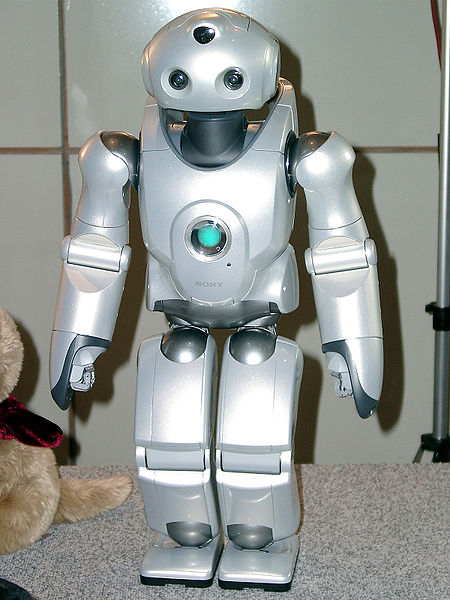
What robots can do?
The new era of thinking machines began in the end of XX century. There were some machines created that could walk and carry something. You would say that this is nothing special. These machines were suitable for work in dangerous for humans environments. Or simply such a robot can carry your stuff if you are lazy. Robots are great solution for repetitive tasks. They work in factories and are capable to repeat the same operation with required accuracy. They are programmed to work on production lines mostly. Similar robots can do some parts of surgery or do other accurate task. They do not get tired. They do not sleep. They do not want salary. A robot is a perfect worker.
Robots are perfect explorers of dangerous environment. They can investigate, analyze and recognize date. Robots are smart enough even to make some decisions themselves. They can learn. Of course everything depends on the robot’s program and algorithm.
The Future of Robotics
At the moment robotics is evolving very rapidly. Intelligent robots assist humans in various fields. It would be hard to imagine our world without various smart gadgets and machines. The most remarkable thing is dreaming about the future. How robotics will evolve. Will robots start thinking independently of humans? Bionics and robotics is our future. It may be a war with the machines as some science fiction authors predict. It also can be a peaceful symbiosis. It depends on us.
Building Your Own Robot
There are various resources dedicated to robot builiding. Some tools and kits are easy to use for children while other require specific skills and knowledge. Building your robot can be not only fun be also very educational hobby. Off course, your robots won't be intelligent, but if you learn principles of neural networks, it may become more intelligent than you expect. I won't give a tutorial about robot building. I would like to encourage you to explore. Do not be afraid, robotics is not only for geeks or science guys. It is available for everyone. Read a book, try something and who knows, maybe some years later you will be able to present a really great robot. Good luck!

